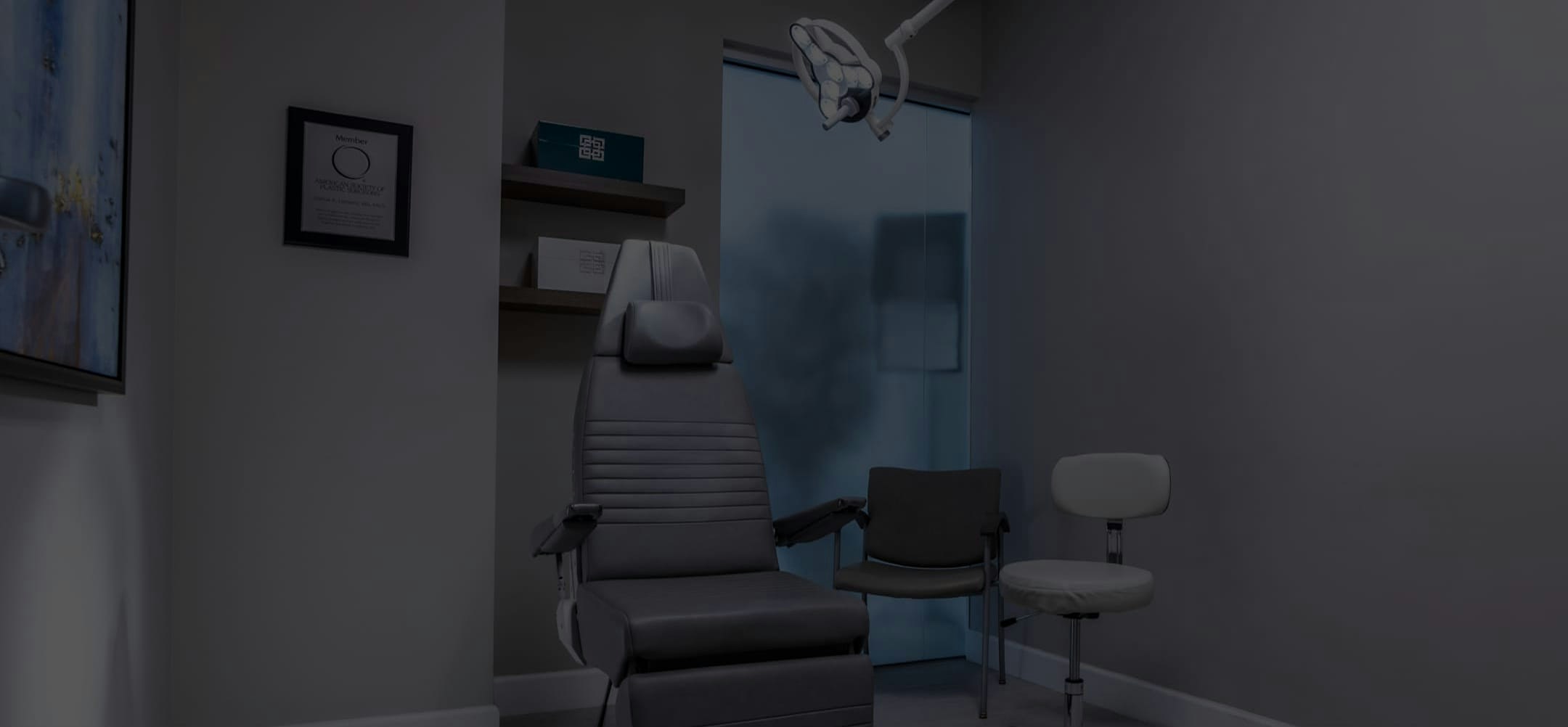What Are the Signs of Breast Implant Illness?
Some signs that are indicative of breast implant illness include:
- Pain in the muscles and joints
- Fatigue
- Brain fog and trouble concentrating
- Issues with breathing
- Trouble sleeping
- Skin rashes and related conditions
- Dryness of the mouth and eyes
- Anxiety
- Depression
- Persistent headaches
- Hair loss
- Gastrointestinal issues
BII symptoms can develop at any time after a patient undergoes implant surgery. For some patients, BII symptoms manifest immediately following a breast augmentation procedure, while others won’t develop them until several years later.
Many of the symptoms that fall under the BII diagnosis are also associated with autoimmune and connective tissue disorders, including lupus, rheumatoid arthritis, and scleroderma. As such, some patients who have BII are also found to have a certain autoimmune or connective tissue disorder. However, not all do.
















